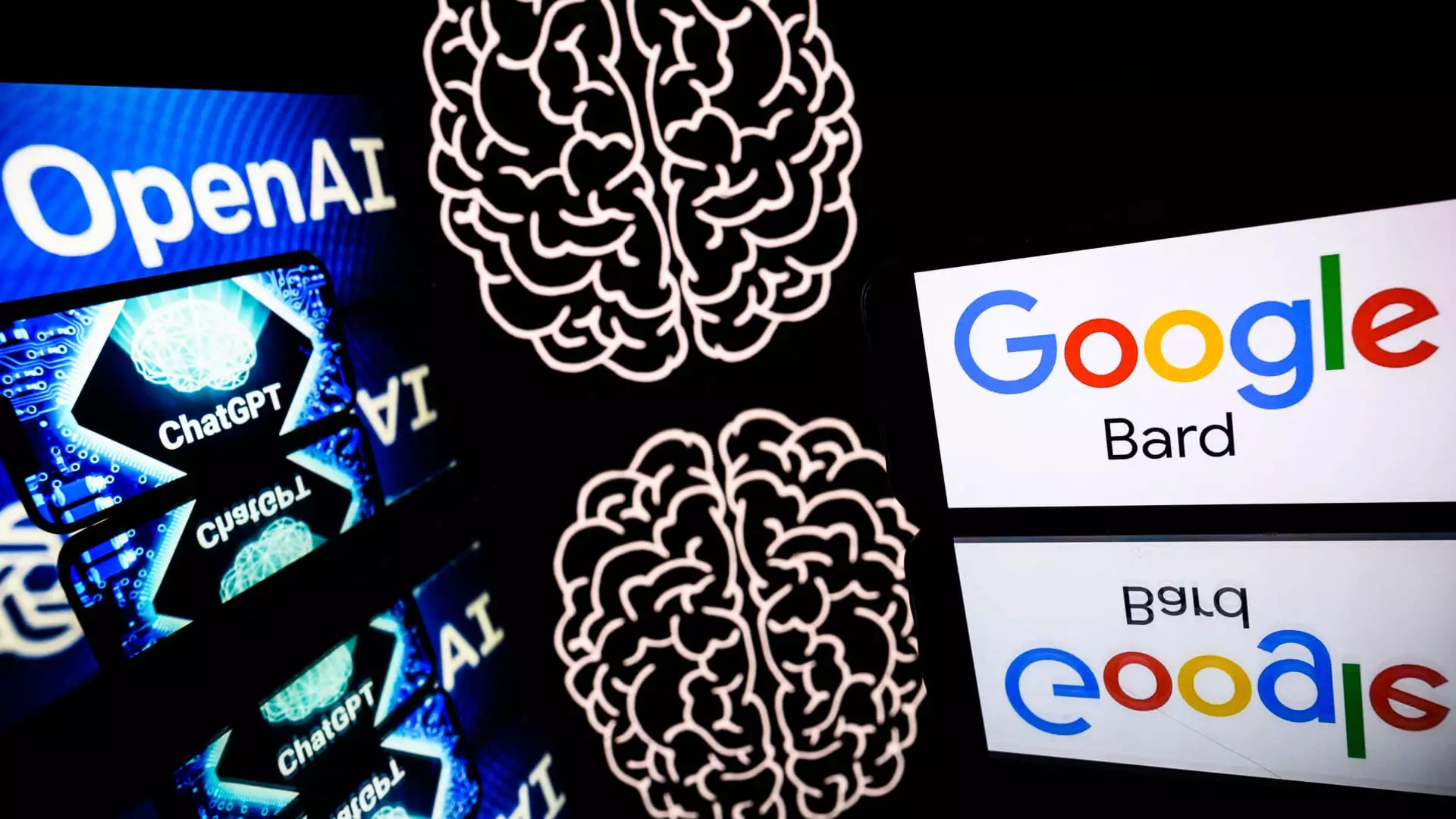Recent reports suggest that Microsoft has decided to hand over the development of its best artificial intelligence tools and software to OpenAI. This decision could potentially benefit archrival Google, according to Todd McKinnon, CEO of identity security firm Okta. McKinnon highlighted that Google has been leading the way in AI research and development, particularly with the creation of transformers that power generative AI technologies. These transformers, which are deep-learning models capable of learning context and meaning from sequential data, have been instrumental in the advancements made in the AI field. It appears that Microsoft’s reliance on OpenAI for AI development may lead to a reduction in its own AI capabilities, potentially turning the company into a consultancy in the long run.
On the other hand, Google has been making significant strides in AI research, with the company being credited for breakthroughs in AI models like transformers through its subsidiary DeepMind. Google’s investment in AI has positioned the company as a frontrunner in developing foundation AI models. However, Google still faces challenges in commercializing its AI investments, as evidenced by some public blunders in recent years. The launch of Gemini AI chatbot by Google, which encountered issues like providing incorrect answers and generating ahistorical images, showcases the difficulties in implementing AI technologies successfully. Despite its setbacks, Google continues to invest heavily in AI research and development to compete with other tech giants in the AI space.
The substantial backing from major tech companies like Microsoft and Google has raised concerns about potential competition and market dominance in AI development. The massive investments made by these companies into AI research have propelled advancements in the field but also created a competitive landscape that could stifle innovation. McKinnon highlighted the unique nature of AI technology compared to previous generations of technology like personal computers, noting that AI requires substantial R&D investments to achieve breakthroughs. The dominance of Big Tech companies in AI development raises questions about the implications of their investments on competition and market dynamics in the future.
The evolving landscape of AI development among major tech companies like Microsoft and Google underscores the complexities and challenges in advancing AI technologies. While Microsoft’s partnership with OpenAI signals a shift in AI development strategies, Google’s continued dominance in AI research and development presents both opportunities and challenges for the company. The competitive nature of AI investments by Big Tech companies underscores the importance of innovation and collaboration in driving the future of AI technology. As the AI landscape continues to evolve, it will be essential for companies to navigate the competitive pressures and regulatory challenges to ensure sustainable growth and development in the AI industry.


Leave a Reply